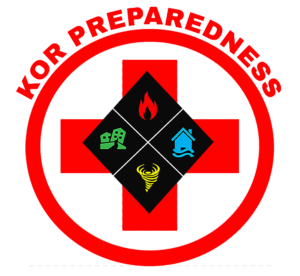
Mullein is one of the most noticeable of wayside weeds, growing several feet
into the air. Mullein has a long history of effective use in medicine. Mullein leaves also make a great poultice for boils glandular swelling, bruises, and insect bites. It can be added to a bath for relieving rheumatic pain as well.
Edible Parts:
Although the leaves and flowers are edible, enjoying a cup of tea made from these parts is generally preferable. Leaves and flowers can be used in a salad.
Uses:
Mullein is used for cough, whooping cough, tuberculosis, bronchitis, hoarseness, pneumonia, earaches, colds, chills, flu, swine flu, fever, allergies, tonsillitis, and sore throat. Other uses include asthma, diarrhea, colic, gastrointestinal bleeding, migraines, joint pain, and gout.


May help fight viral infections
Some test-tube studies suggest that mullein may possess powerful antiviral properties.
For instance, one test-tube study analyzed several medicinal herbs and found that mullein extract was particularly effective against the influenza virus.
Other test-tube studies show that mullein extract may also fight pseudorabies, a virus in the herpes family.




















































